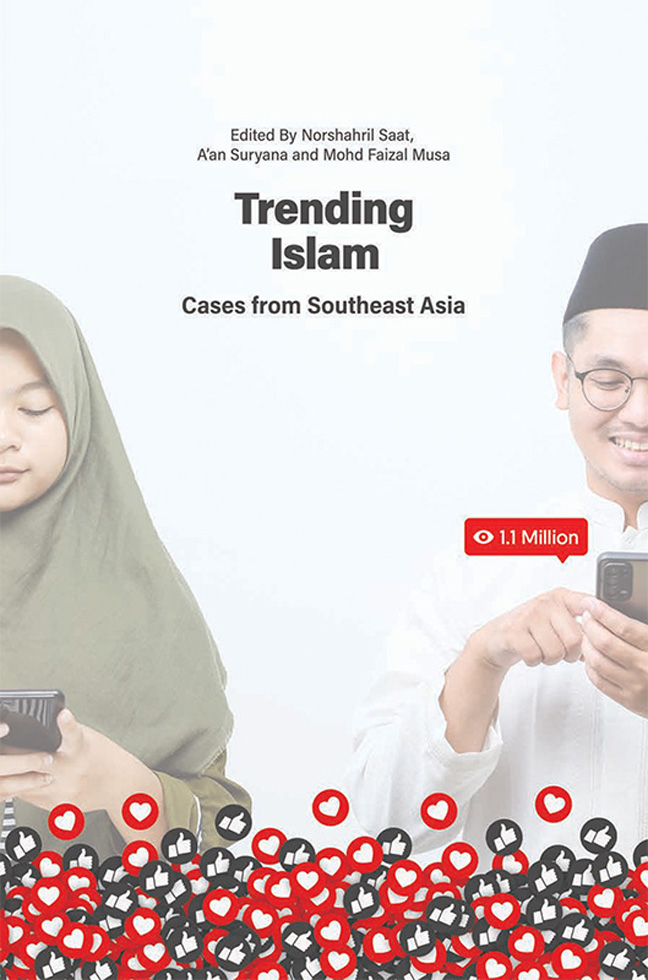4 - Extremism in Malaysia: Civil Servants as Trendsetters and Conduits of Trends
Published online by Cambridge University Press: 26 March 2024
Summary
Introduction
In discussions on trending Islamic ideas, focus has been given to the role of charismatic personalities or popular mediums, namely the Internet and social media, but not on the role played by administrators. In Malaysia, the role of public administrators is equally important, especially on matters related to Islam, as religion has become intertwined with public policy. Malaysia’s civil service is estimated to employ a million staff members, and for a country with a population of 32.7 million, the number of civil servants signifies “strength and influence” (Ahmad Faiz Yaakob et al. 2012, p. 133). Majority of the civil servants are Malay by ethnicity and this does not accurately reflect Malaysia’s multiethnic composition. According to Malaysia’s 2020 census, the three major ethnic groups in the country are Malay or Bumiputera (69.4 per cent), Chinese (7.3 per cent), and Indian (0.7 per cent) (Launching of Report on the Key Findings Population and Housing Census of Malaysia 2020).
Prijono Tjiptoherijanto (2012) states that the “indigenous Bumiputeras which are largely ethnic Malays” have “87 per cent of government jobs”. Prijono further adds that “the biggest loser in the current system is Indians, who, according to government statistics make up 9 per cent of the labor force but hold 16 per cent of menial jobs and control just 1.2 per cent of equity in registered company in the country”. In 2022, the Prime Minister’s Office (PMO) admitted that 89.23 per cent of the top posts in Malaysia’s public service are Malay, and that those from Sabah and Sarawak are also least represented (Malaysiakini 2022).
As most civil servants are Malay-Muslim, scrutinizing their role and impact in society is important, especially since those serving in religious institutions are also considered civil servants. Moreover, religious authorities have been allocated a large amount of funds from Malaysia’s national budget. The previous administration provided a RM1.5 billion budget allocation for the management and development of Islam, and this was heavily criticized especially since the religious authorities are regarded as largely incompetent (Imran Ariff 2021).
This chapter aims to analyse the significance of a Malay-Muslim dominant civil service. Arguably, as Muslims, the Malays are very much influenced by current Islamic trends. The civil servants’ way of thinking about certain issues can be carefully predicted according to contemporary trends.
- Type
- Chapter
- Information
- Trending IslamCases from Southeast Asia, pp. 65 - 86Publisher: ISEAS–Yusof Ishak InstitutePrint publication year: 2023

